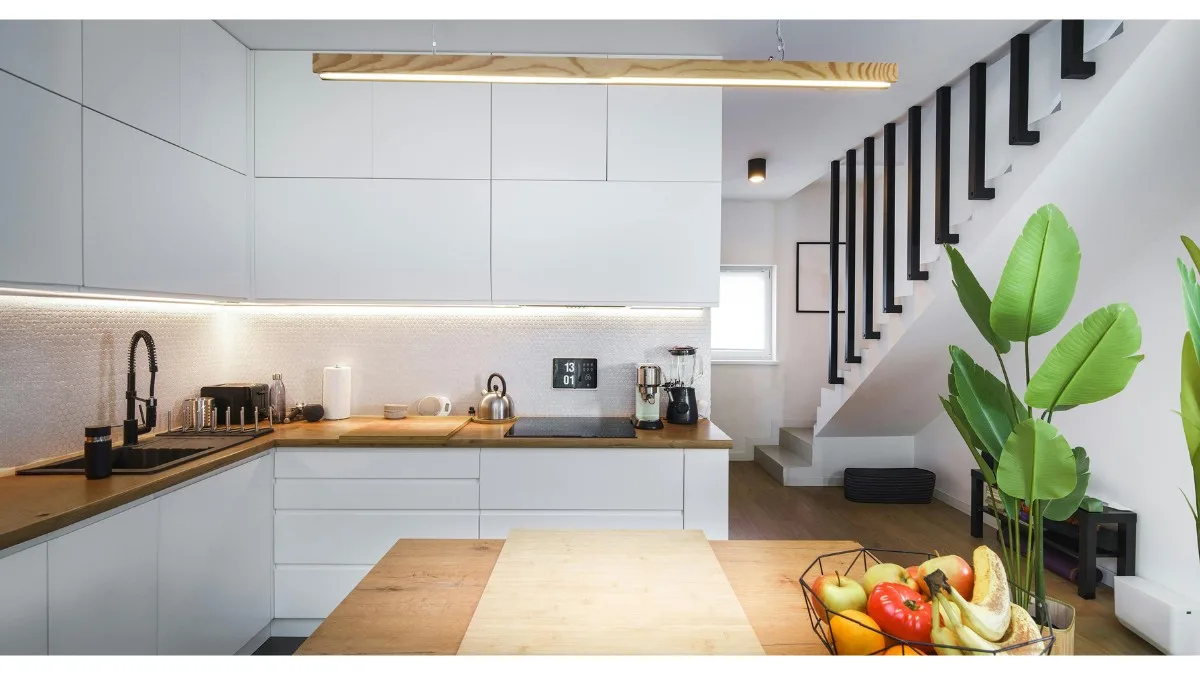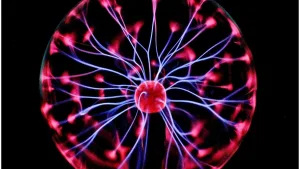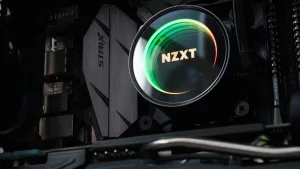
The smart home revolution has been steadily transforming the way we live, blending convenience with cutting-edge technology. As we approach 2025, the landscape of smart homes is set to evolve even further, bringing unprecedented advancements that promise to enhance our daily lives. In this article, we’ll explore the key trends and innovations shaping the future of smart homes and what you can expect in just a few short years.
1. Enhanced Artificial Intelligence and Machine Learning: The Future of Smart Homes in 2025
One of the most significant developments in smart home technology will be the integration of advanced artificial intelligence (AI) and machine learning. By 2025, AI will play a pivotal role in creating smarter and more intuitive home environments. AI algorithms will be able to analyze patterns in your daily routines, predict your needs, and automate various aspects of home management. Imagine a home that responds to your commands and anticipates them, adjusting lighting, climate, and security settings based on your habits and preferences.
2. Seamless Integration of IoT Devices: The Future of Smart Homes in 2025
The Internet of Things (IoT) will continue to drive innovation in smart homes. In 2025, we can expect a more seamless integration of IoT devices, creating a cohesive network of interconnected gadgets. From smart refrigerators that can order groceries to voice-controlled thermostats that adjust to your comfort level, IoT will enable a more synchronized and efficient home ecosystem. Enhanced interoperability standards will ensure that devices from different manufacturers work harmoniously together, providing a more fluid user experience.
3. Advanced Home Security Features
As smart home technology evolves, so too will the security measures designed to protect it. In 2025, we anticipate significant advancements in home security, including facial recognition systems, biometric access controls, and AI-powered surveillance cameras. These features will offer enhanced protection against unauthorized access while providing homeowners with real-time alerts and detailed insights into their home’s security status. Additionally, predictive analytics will help identify potential security threats before they become critical.
4. Energy Efficiency and Sustainability
Sustainability will be a key focus in the future of smart homes. By 2025, smart home technologies will be more adept at optimizing energy usage and reducing environmental impact. Smart grids, energy-efficient appliances, and automated systems will work together to minimize energy consumption and lower utility bills. Homeowners can expect advanced energy management solutions that monitor and adjust energy use based on real-time data, contributing to a greener and more sustainable lifestyle.
5. Immersive Smart Home Entertainment
Entertainment systems in smart homes will see significant enhancements by 2025. The integration of virtual reality (VR) and augmented reality (AR) technologies will create immersive entertainment experiences. Smart TVs and home theaters will offer high-definition, 3D visuals, and spatial audio, while VR and AR will allow for interactive gaming and virtual social gatherings. The convergence of these technologies will elevate home entertainment to new heights, providing a truly immersive experience.
6. Voice and Gesture Control
Voice assistants like Amazon Alexa and Google Assistant have already made their mark, but by 2025, we can expect even more sophisticated voice and gesture control capabilities. Voice recognition will become more nuanced, allowing for complex commands and personalized interactions. Gesture control will also gain traction, enabling users to operate smart devices through intuitive hand movements. These advancements will make interacting with your smart home more natural and convenient.
7. Health and Wellness Integration
Smart homes will increasingly focus on promoting health and wellness. In 2025, expect to see advanced health monitoring systems integrated into your home environment. These systems will track and analyze data related to your health, such as sleep patterns, air quality, and physical activity. Smart appliances like air purifiers and water filters will be equipped with sensors to ensure optimal conditions, while AI-driven health recommendations will provide personalized insights to improve your well-being.
8. Increased Focus on Privacy and Data Security
As smart homes become more connected, ensuring the privacy and security of personal data will be paramount. In 2025, we can anticipate stronger data protection measures and more robust encryption standards. Companies will invest in advanced cybersecurity technologies to safeguard against potential breaches and ensure that your personal information remains secure. Transparent data policies and user control over data sharing will become standard, giving homeowners greater confidence in their smart home systems.
Conclusion
The future of smart homes in 2025 promises to be a fascinating blend of advanced technology and enhanced convenience. With AI-driven automation, seamless IoT integration, and cutting-edge security features, our homes will become more intuitive, efficient, and secure. As we embrace these innovations, the smart home of tomorrow will not only offer greater comfort and control but also contribute to a more sustainable and connected lifestyle. Stay tuned for these exciting developments and get ready to experience the next generation of smart home technology.
By understanding these emerging trends and preparing for the advancements on the horizon, homeowners can make informed decisions and fully leverage the benefits of smart home technology. The future is bright for smart homes, and 2025 will undoubtedly usher in a new era of home automation and innovation.
Share via:




